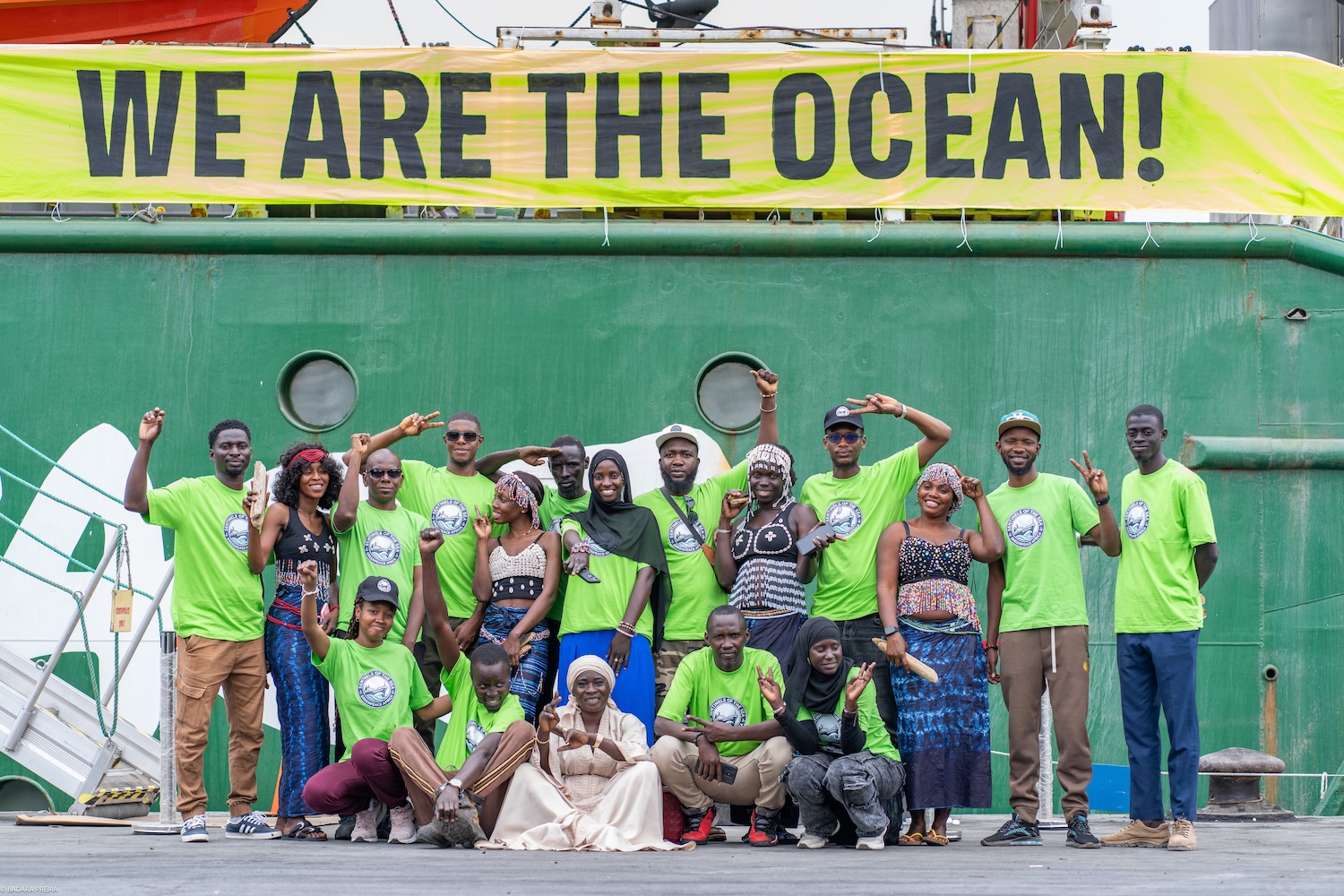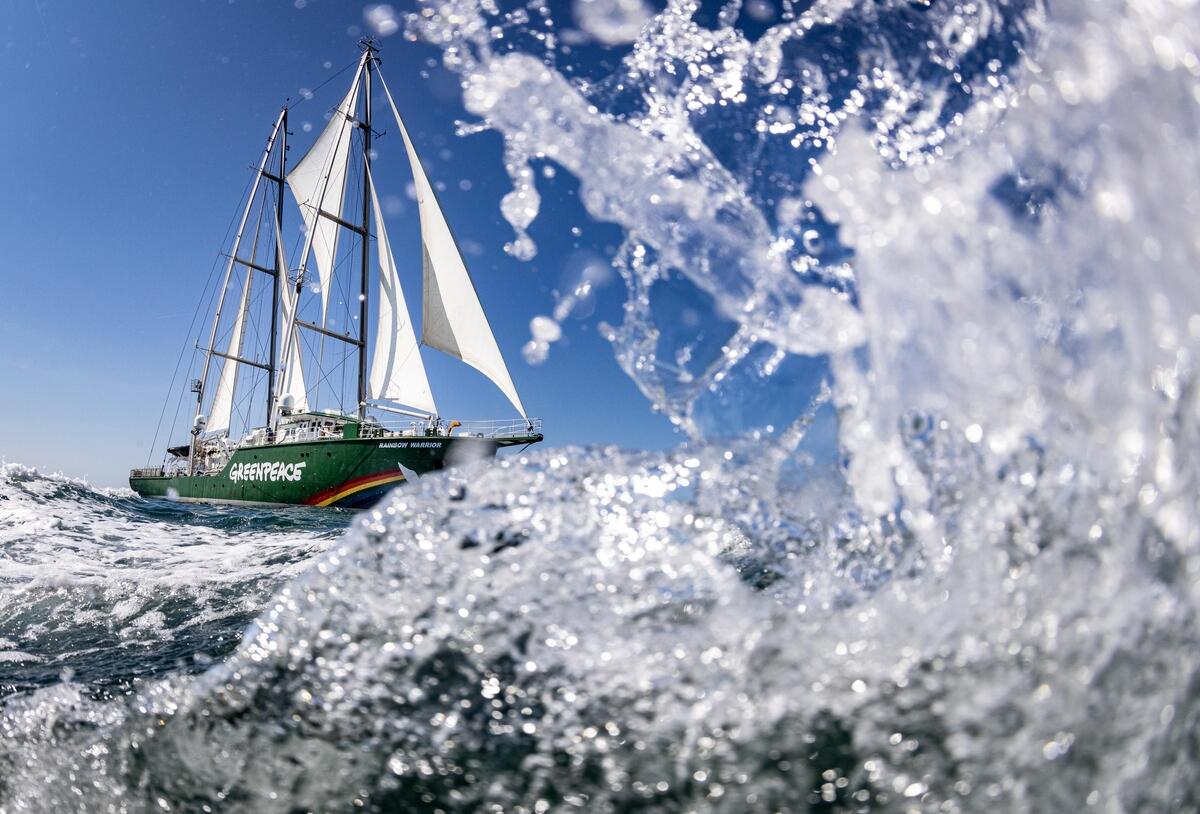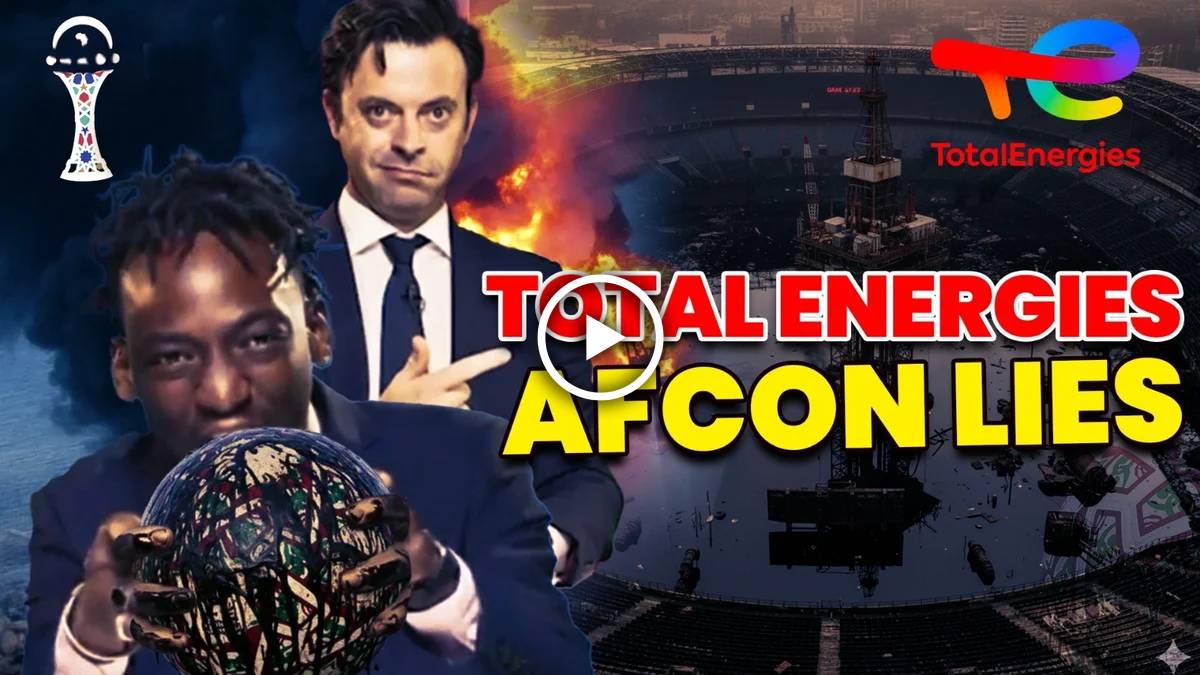Belém, Brazil – 22 November – Belém ends without what matters the most: a real adaptation deal, a time-bound fossil phase-out and an actionable forest roadmap. Africa showed up for justice; its politics chose compromise.
Carolina Pasquali, Executive Director, Greenpeace Brazil said: “President Lula set the bar high in calling for roadmaps to end fossil fuels and deforestation, but a divided multilateral landscape was unable to hurdle it. This was a crossroad – a path to 1.5°C or a highway to climate catastrophe – and while some governments are willing to act, others are not. The COP presidency must also wear some of the blame by closing down the space for ambition.
“Yet we have seen some positives emerge from the COP in the Amazon: the demarcation of Indigenous lands and improved representation in this COP and growing visibility of the need to defend our forests. For Brazil, we have welcomed the world, but we would much rather have welcomed a roadmap to 1.5°C and for now, that work continues.”
Koaile Monaheng, Political Strategist, Greenpeace Africa said : “By ignoring the root cause of the climate crisis, we are not only postponing solutions, we are deepening the injustice. We have missed an opportunity to reclaim the spirit of Rio 1992, where nations agreed that historical polluters would reduce their emissions and vacate space for the rest of the world to grow and develop sustainably. Global systems and the rules that govern them are set by the global north; yet they are the first to break them.
Thirty years of the UNFCCC Convention. Twenty years since Kyoto entered into force. Ten years of the Paris Agreement. Justice and equity are not new demands; they are unfinished promises. Belem’s COP30 was framed as the COP of truth and so let us be honest. For Africa, climate change is not an abstract concept, it is a lived experience. 1.5°C is not a target, it is a threshold of survival. So the real question to ask is, which lives matter?
Sherelee Odayar, Oil & Gas Campaign lead, Greenpeace Africa said : “We’re really not happy with the outcome of COP30. Once again, African countries were treated unfairly. Some developed countries are now saying that if there’s no strong deal on mitigation, then they won’t move forward on adaptation. In other words: ‘If you don’t act on our priorities, then you get no support.’ That is simply unacceptable.
And 2035 to triple adaptation finance? That’s way too late for developing countries when we’re already sliding into climate breakdown.
If these countries really want to find money for climate action, the solution is simple: send the bill to the oil and gas companies. They created the problem. They made huge profits from it. They should pay for the damage. That’s what real climate finance looks like; not conditions, not excuses, just fairness.” Bonaventure Bondo, Forest campaigner Greenepeace Africa concluded : “COP30 in the Amazon was a critical moment to recognize the urgency of protecting our forests and to lay the groundwork for a global roadmap to halt deforestation and forest degradation by 2030. Real success now depends on ensuring a roadmap is established and that there is a timely, clear and effective implementation of efforts to end forest destruction, ensuring that the world’s tropical forests, especially those of the Congo Basin are finally protected in line with their true importance.
Contact :
Ibrahima Ka NDOYE, Coordonnateur des Communication Internationales, Greenpeace Afrique, +221 77 843 71 72 / [email protected]



